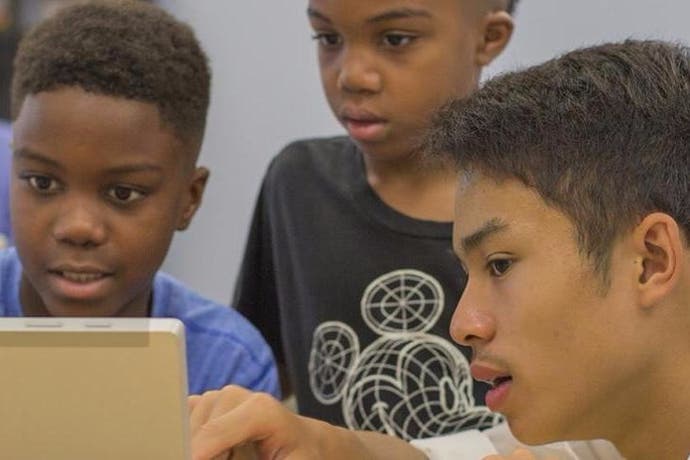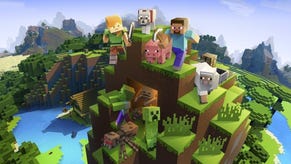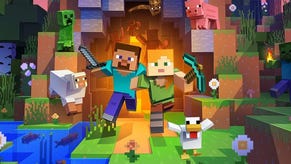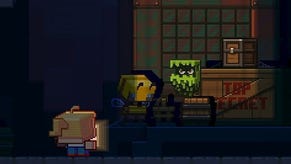Government "behaviour tsar" isn't a fan of Minecraft: "We need to drain the swamp of gimmicks"
We're going to build a wall.
The government's schools adviser has been criticised for dismissing the usefulness of Minecraft in education.
Tom Bennett, described yesterday by The Times (paywall) as the government's "behaviour tsar", declared Minecraft's inclusion in UK schools as a "gimmick".
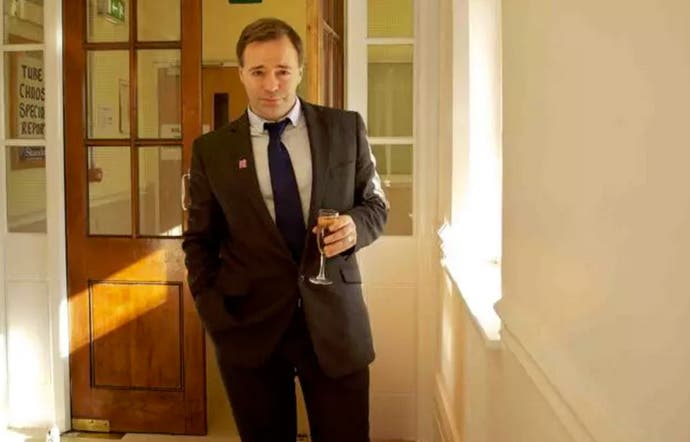
Microsoft has released an educational version of the famous creation game for use in schools across the world. Most agree Minecraft can have a positive effect on children in the classroom. But Bennett, clearly, isn't convinced.
"I am not a fan of Minecraft in lessons," he said.
"This smacks to me of another gimmick which will get in the way of children actually learning. Removing these gimmicky aspects of education is one of the biggest tasks facing us as teachers. We need to drain the swamp of gimmicks."
Bennett's use of the "drain the swamp" phrase rekindles memories of President-elect Donald Trump, who declared his intention to drain the swamp in relation to the Washington political establishment.
Bennett continued: "I would say to teachers: 'Do you need to use this game or is there something that is cheaper and better - like books?' By offering a game and a gimmicky way of learning a subject, you run a real risk of children focusing on the wrong thing."
Bennett's comments were roundly criticised on social media, with a number of commenters pointing to the established positive benefits of Minecraft's use in the classroom.
Keith Stuart, games editor for The Guardian and author of A Boy Made of Blocks, a story about an autistic eight-year-old who starts playing Minecraft that was inspired by Stuart's experiences with his own son, took to Twitter to respond:
Ian Livingstone, who has worked to open a number of schools that focus on computing and sciences, called Bennett a "luddite".
Bennett dismissed the criticism on Twitter.
While Bennett's use of the "drain the swamp" phrase is eye-rolling at best, his comments have sparked a discussion about the rights and wrongs of using Minecraft in schools. Bennett has called for evidence that the game has a positive effect, dismissing anecdotes.
Microsoft says Minecraft encourages students to work together by joining their classmates' world, improves student engagement and sparks creative exploration.
Bennett, though, remains unconvinced.
What's your view? Is Minecraft in the classroom a good thing?
